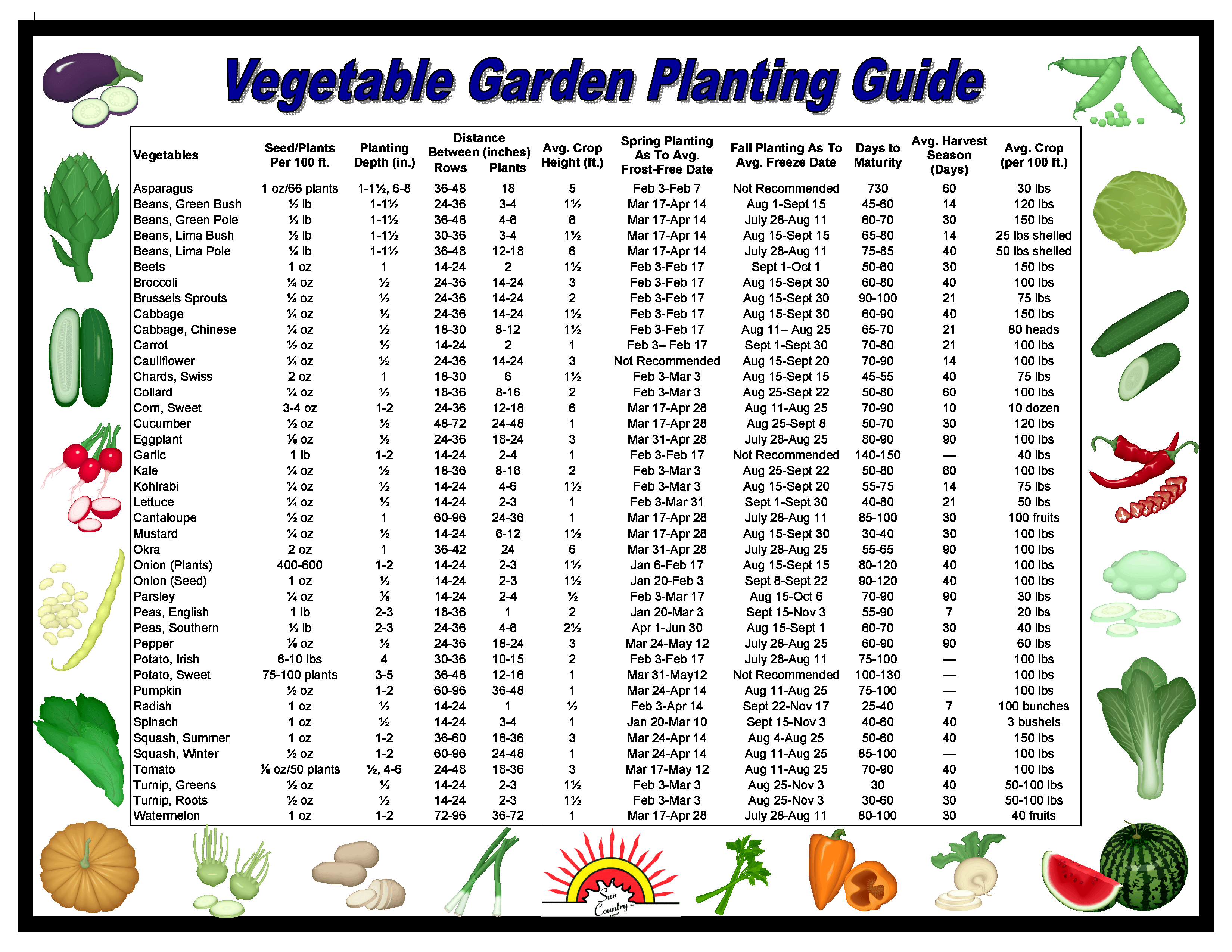Boost Your Fall Harvest: What Vegetables to Plant in August
Dreaming of fresh, homegrown vegetables well into the fall? August is a prime time to extend your gardening season and enjoy a second harvest of delicious crops. Don't let the waning summer days fool you; August offers a unique opportunity to cultivate a variety of vegetables that flourish in cooler temperatures.
Many gardeners focus on spring planting, but August planting allows you to take advantage of the remaining warm soil and milder weather to grow vegetables that prefer cooler temperatures for optimal growth. This late-summer planting strategy can provide a continuous supply of fresh produce, reducing your reliance on store-bought vegetables and maximizing your garden's productivity.
Historically, extending the growing season through late-summer planting was crucial for ensuring food security through the fall and winter months. Today, it remains a valuable practice, not only for the practical benefits but also for the sheer joy of harvesting fresh vegetables as the days grow shorter.
Planting vegetables in August is relatively straightforward, but understanding the specific needs of each crop is essential for success. Factors like frost dates, soil temperature, and sunlight availability play a crucial role in determining which vegetables are suitable for August planting.
So, what vegetables can you plant in August? The answer depends on your local climate and the first expected frost date in your area. However, many cool-season crops thrive when planted in August, providing a bountiful harvest in the fall.
Leafy greens like spinach, lettuce, and kale are excellent choices for August planting. These cool-season crops germinate quickly in the warm soil and thrive in the cooler temperatures of fall. Root vegetables such as carrots, radishes, and turnips also benefit from August planting, developing strong root systems before the ground freezes. Other suitable vegetables include broccoli, cauliflower, Brussels sprouts, and peas.
One of the benefits of August planting is the reduced pest pressure. Many common garden pests are less active in the cooler months, leading to healthier plants and a more abundant harvest.
To prepare for August planting, ensure your garden beds are well-drained and amended with compost. Sow seeds according to package directions, paying attention to spacing requirements. Consistent watering is crucial, especially during the initial stages of growth.
Consider using row covers to protect young seedlings from early frosts. These lightweight fabrics allow sunlight and water to penetrate while providing insulation against cold temperatures.
Advantages and Disadvantages of August Planting
| Advantages | Disadvantages |
|---|---|
| Extended growing season | Potential for early frost damage |
| Reduced pest pressure | Shorter daylight hours |
| Cooler temperatures for optimal growth of certain vegetables | Requires careful selection of appropriate crops |
Best Practices for August Planting:
1. Know your first frost date.
2. Choose appropriate crops for your climate.
3. Prepare your soil with compost.
4. Water consistently.
5. Use row covers to protect against frost.
Examples of August Planting Success:
1. Planting spinach in early August for a fall harvest.
2. Sowing lettuce seeds in mid-August for fresh salads in September.
3. Planting carrots in late August for winter storage.
4. Starting broccoli seedlings in August for heads in October.
5. Sowing peas in early August for a late fall harvest.
FAQ:
1. What if I miss the August planting window? You can still plant some fast-growing crops in early September, depending on your climate.
2. How do I know my first frost date? Check local gardening resources or online weather websites.
3. Can I plant tomatoes in August? It depends on your climate and the variety of tomato. Some fast-maturing varieties may be successful.
4. Should I fertilize my August plantings? Yes, use a balanced fertilizer according to package instructions.
5. How often should I water my August plantings? Water regularly, especially during dry spells. Keep the soil consistently moist but not waterlogged.
6. What are some good companion plants for August vegetables? Consider planting herbs like dill and cilantro alongside your vegetables.
7. How do I protect my plants from pests? Monitor your plants regularly and take appropriate action if pests are detected.
8. Can I plant in containers in August? Yes, container gardening is an excellent option for August planting.
Tips and Tricks:
Succession planting: Sow small batches of seeds every few weeks for a continuous harvest.
Mulch around your plants to retain moisture and suppress weeds.
Planting vegetables in August offers a valuable opportunity to extend your gardening season and enjoy a bountiful harvest of fresh produce throughout the fall. By carefully selecting appropriate crops, preparing your garden beds, and following best practices, you can maximize your late-summer planting efforts and savor the rewards of a thriving autumn garden. Taking advantage of the still-warm soil and milder weather conditions allows for a unique range of vegetables to thrive. This not only provides fresh, homegrown produce but also reduces reliance on store-bought options. Embrace the late-summer planting season and discover the joy of harvesting your own delicious vegetables as the days grow shorter. Start planning your August garden today!
Unlocking global finance your guide to us banks that accept international customers
Jodi arias recent photo
Connecting with cecil county public schools your online gateway














